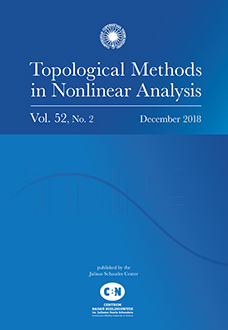Abstract
In this paper, we analyse a linear quadratic multistage game of extraction of a common renewable resource --- a fishery --- by many players with inherent state dependent constraints for exploitation and an infinite time horizon. To the best of our knowledge, such games have never been studied. We analyse the social optimum and Nash equilibrium for the feedback information structure and compare the results obtained in both cases. For the Nash equilibria, we obtain a value function that is contrary to intuitions from standard linear quadratic games. In our game, we face a situation in which the social optimum results in sustainability, while the Nash equilibrium leads to the depletion of the fishery in a finite time for realistic levels of the initial biomass of fish. Therefore, we also study an introduction of a tax in order to enforce socially optimal behaviour of the players. Besides, this game constitutes a counterexample to simplifications of techniques often used in computation of Nash equilibria and/or optimal control problems.
Citation
Rajani Singh. Agnieszka Wiszniewska-Matyszkiel. "Linear quadratic game of exploitation of common renewable resources with inherent constraints." Topol. Methods Nonlinear Anal. 51 (1) 23 - 54, 2018. https://doi.org/10.12775/TMNA.2017.057





